D2 - 9th AIM Global Deans Forum
Organised by FIPEd
(By invitation, for deans who are members of AIM only)
Chair
Paul Gallagher (Royal College of Surgeons, School of Pharmacy, Ireland)Introduction
Conflict Resolution
Resolving conflict is a key skill of successful senior academic leaders, to prevent the negative impact of conflict at work on productivity, motivation and absenteeism. On Day 2 of the Deans Forum FIP will host Sandra Heidinger and Alison Locke – Leader of Human Resources in Higher Education from University of Strathclyde. You’ll have the opportunity to identify the most effective conflict management technique in common conflict scenarios and assess your own approach to dealing with difficult work situations.
Programme
|
09:00 – 09:15 09:15 – 10:20 |
Understanding conflict and its resolution – Gateway to transformational change
Introduction and general principles Workshop (Followed by Q&A) Chair: Paul Gallagher (AIM Advisory Committee & Royal College of Surgeons, Ireland) Speaker: Alison Locke (University of Strathclyde, UK) |
| 10:20 – 10:40 | Coffee/tea break (Hall 1) |
| 10:45 – 11:45 | Enabling transformational change through people – A case study
Chair: Paul Gallagher (AIM Advisory Committee & Royal College of Surgeons, Ireland) Speaker: Sandra Heidinger (University of Strathclyde, UK) (Followed by Q&A) |
| 11:45-12:00 | Wrap-up and closing remarks
Paul Gallagher (AIM Advisory Committee & Royal College of Surgeons, Ireland) Wayne Hindmarsh (AIM Advisory Committee & Leslie Dan Faculty of Pharmacy, University of Toronto, Canada) |
| 12:00 – 12:30 | Lunch (Hall 1) |
Learning Objectives
By the end of this session, participants will be able to:
- Recognise how conflicts may arise and escalate in the workplace;
- Discover how you can help – and hinder! – effective conflict resolution;
- Explore the art of workplace communication;
- Identify the most effective conflict management technique in common conflict scenarios;
- Evaluate your own approach to dealing with difficult people;
- Reflect on some of the key elements which need to be in place for successful organisational change;
- Consider performance management as a key tool in the change process;
- Understand the importance of organisational values during change;
- Reflect on how business process simplification tools can enable engagement and change.
